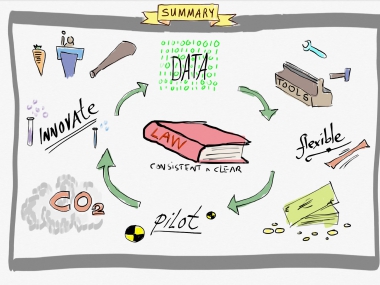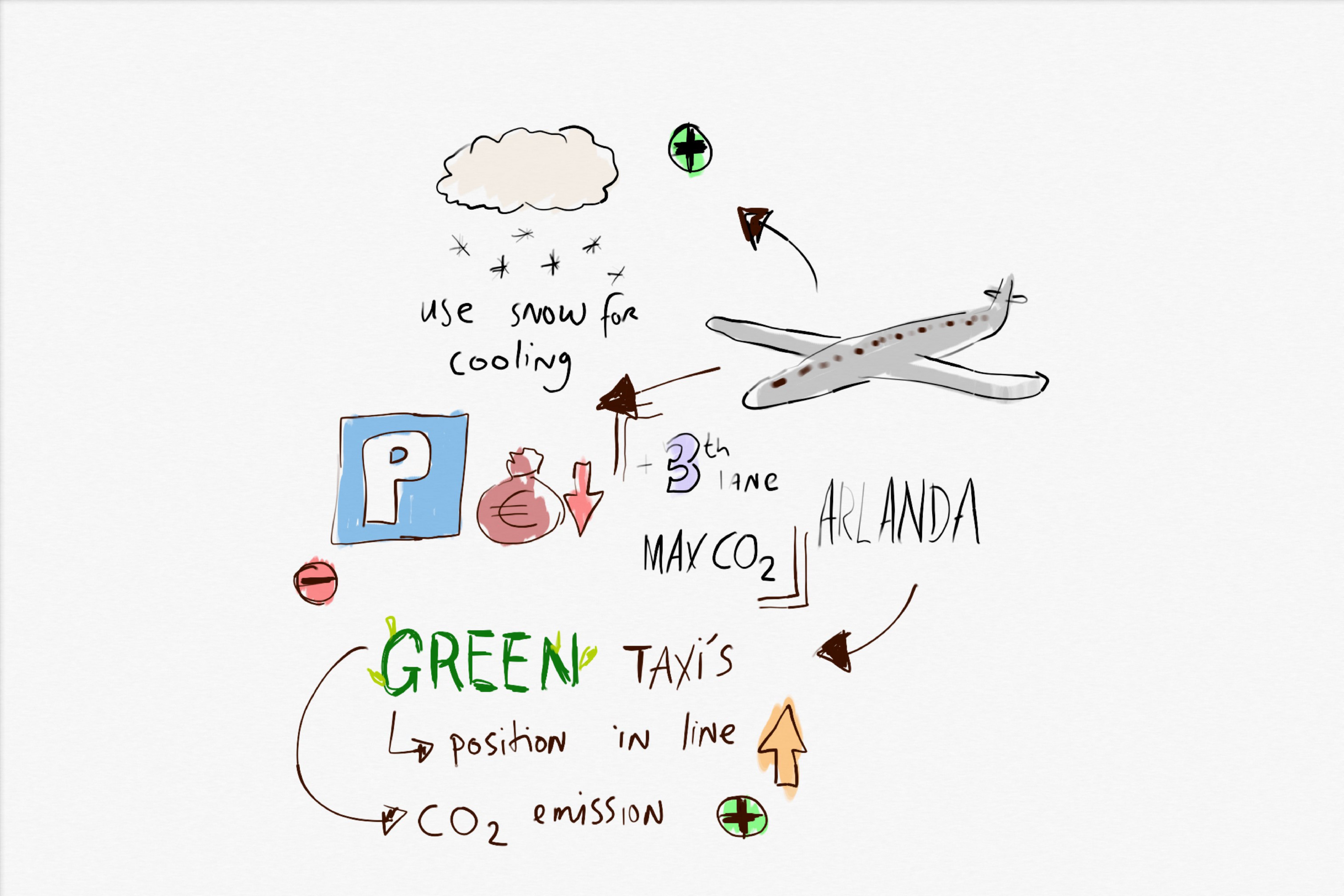Act Local - Think Global!
Edited on
14 August 2018The SmartImpact Network held its second transnational meeting in Stockholm on 17th & 18th October 2016. The meeting focused on the Regulations and Incentives theme, specifically how we use regulations and incentives to support smart policies to bring about smart city development.

Smart policy was defined as: 'Locally adapted regulations and incentives targeted at dealing with innovative technologies and their impact on urban development. Smart Policies strive to put innovations in place for growing the economy in a sustainable way, supporting a reduction of the urban environmental footprint, improving quality of life for citizens and increasing the efficiency of public spending. Smart policies hit the leverage points in your city. They are able to provoke a large impact through a relatively small amount of change.'
Network partners had prepared for the meeting by identifying both challenges and best practice policies in their cities and we learned about some successful policies already implemented in Stockholm, from our Stockholm partner. For example the Green Taxi policy at Arlanda Airport which aimed to cut all non-air related omissions by allocating a preferential queuing system to eco-taxis. Arlanda Airport now has 100% eco-taxis.

The meeting was supported by Lead Expert Alanus von Radecki with Professor Dr. Heiko Roehl, an expert in organisational management & change, and an expert facilitator on innovative urban development. Heiko led a Smart Policy Lab which took the form of world cafe sessions on innovative policy instruments for smart technologies. The workshops covered mobility, ICT, Energy & Buildings. Regulation and Incentives act as levers for change – making something happen with little effort. Change has to be balanced using the ‘carrot and stick’ approach. Policy making is the stick we push with where as change is the carrot we use to pull others on board.
The Network then worked together to identify the local success factors for policy implementation and developed an outline checklist of successful smart policy implementation, which will be detailed in the Thematic Report. The network carried out a peer review of the Manchester's draft IAP (Integrated Action Plan). The draft IAP was circulated prior to the meeting and a presentation covering the key elements was given. Network partners took the role of City Mayor, citizens, management lead, along with a finance & procurement lead. They questioned and commented on the content in that context. This was a very useful method of peer review and some valuable feedback was provided, which will make the IAP a more useful document. 'Learned a lot of the principles of how to develop an IAP' (Istvan Nagy - Project Manager, Miskolc)
The meeting was animated by Arjan uit het Broek from the city of Eindhoven, who produced visual representation of discussions as seen within this article. The meeting was organised to coincide with the SGBC16 Building Sustainability conference and network partners participated in the Smart Cities breakfast meeting, which took place on 18th October. The meeting covered smart city topics including, 'How to incorporate smart topics into core business in cities', 'What kind of stakeholder engagement model is needed for accelerated implementation of smart solutions' and much more! The thematic meeting report will be available via the SmartImpact website page in the near future.
Submitted by Laura McIntosh on
